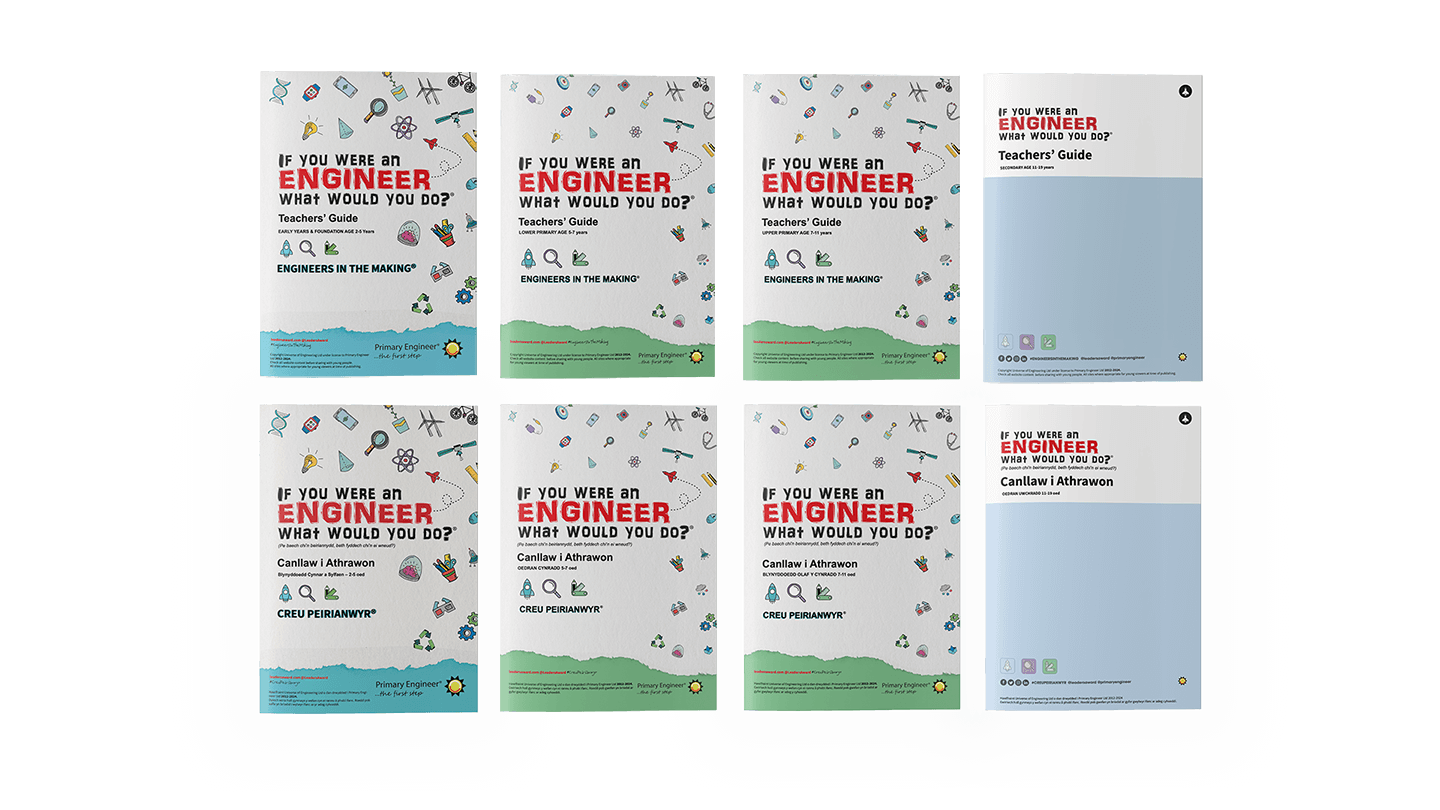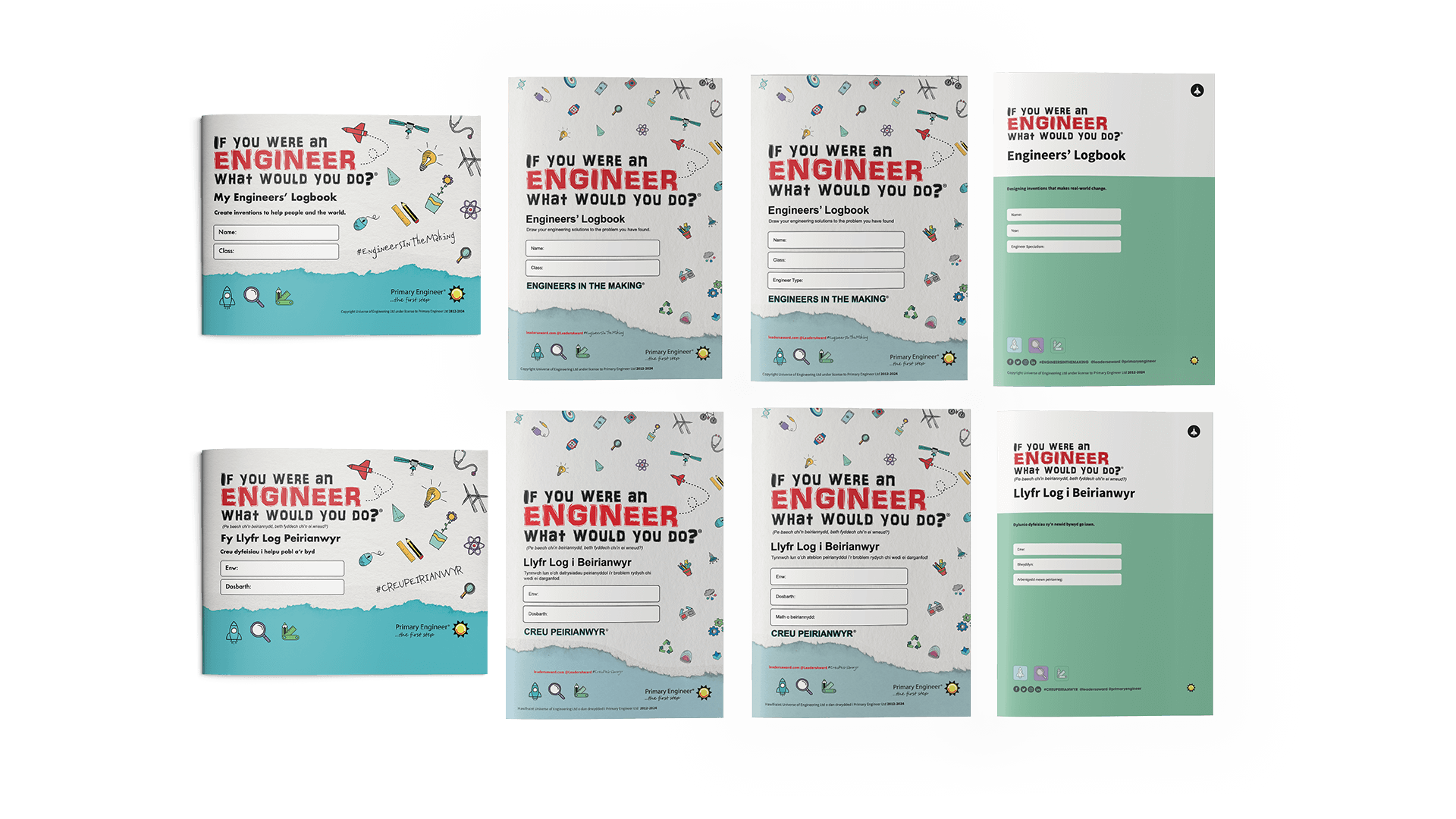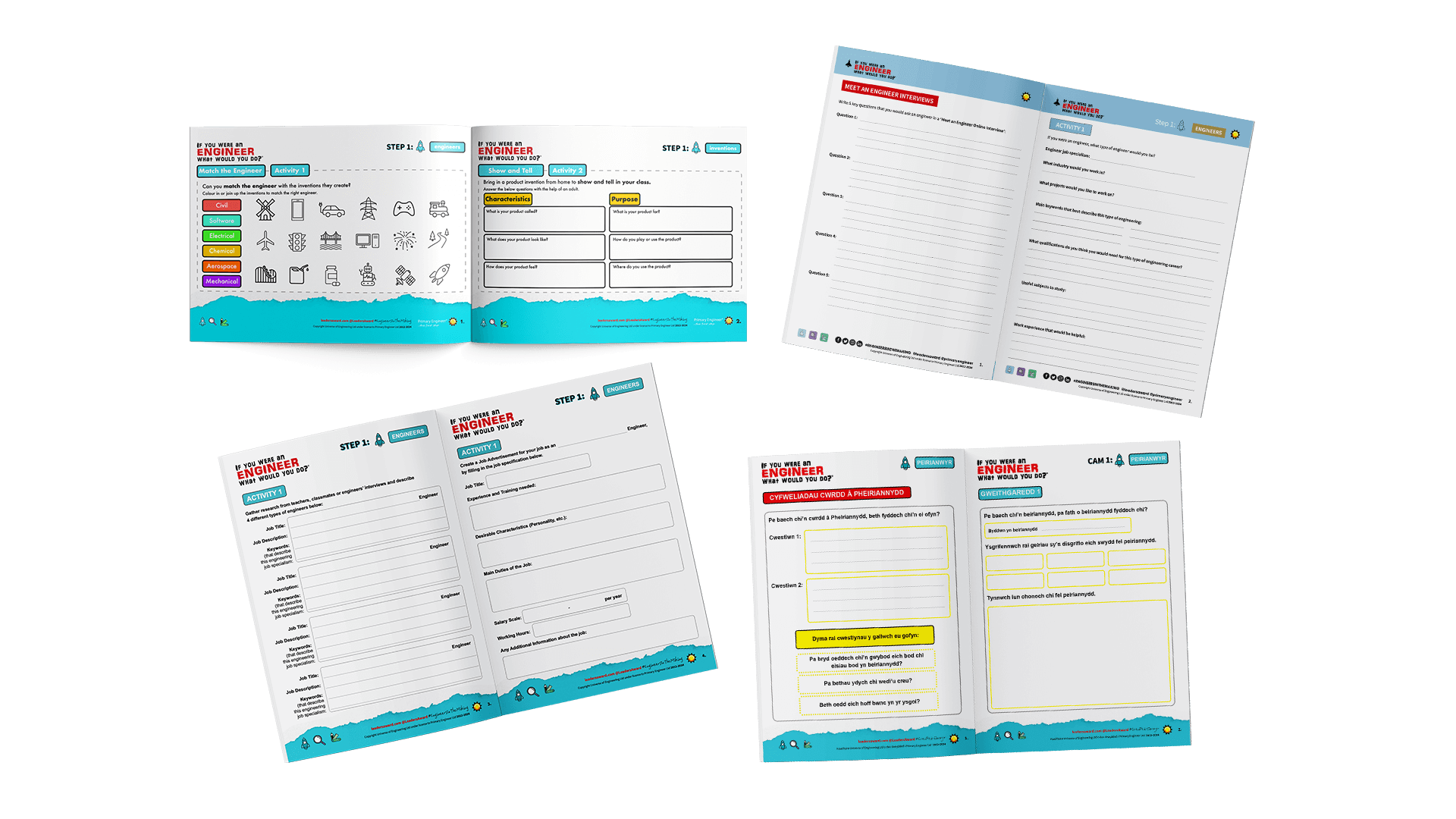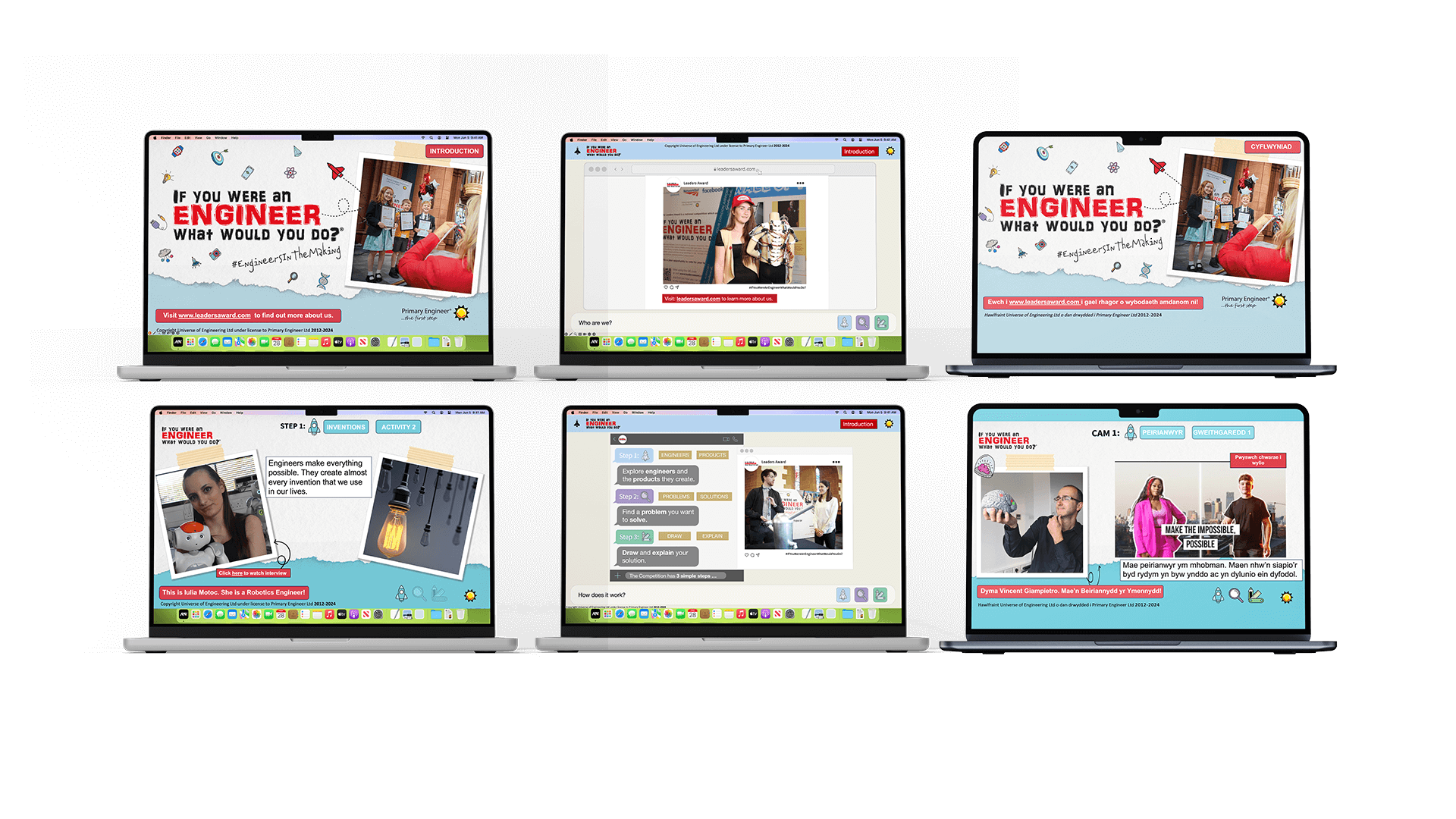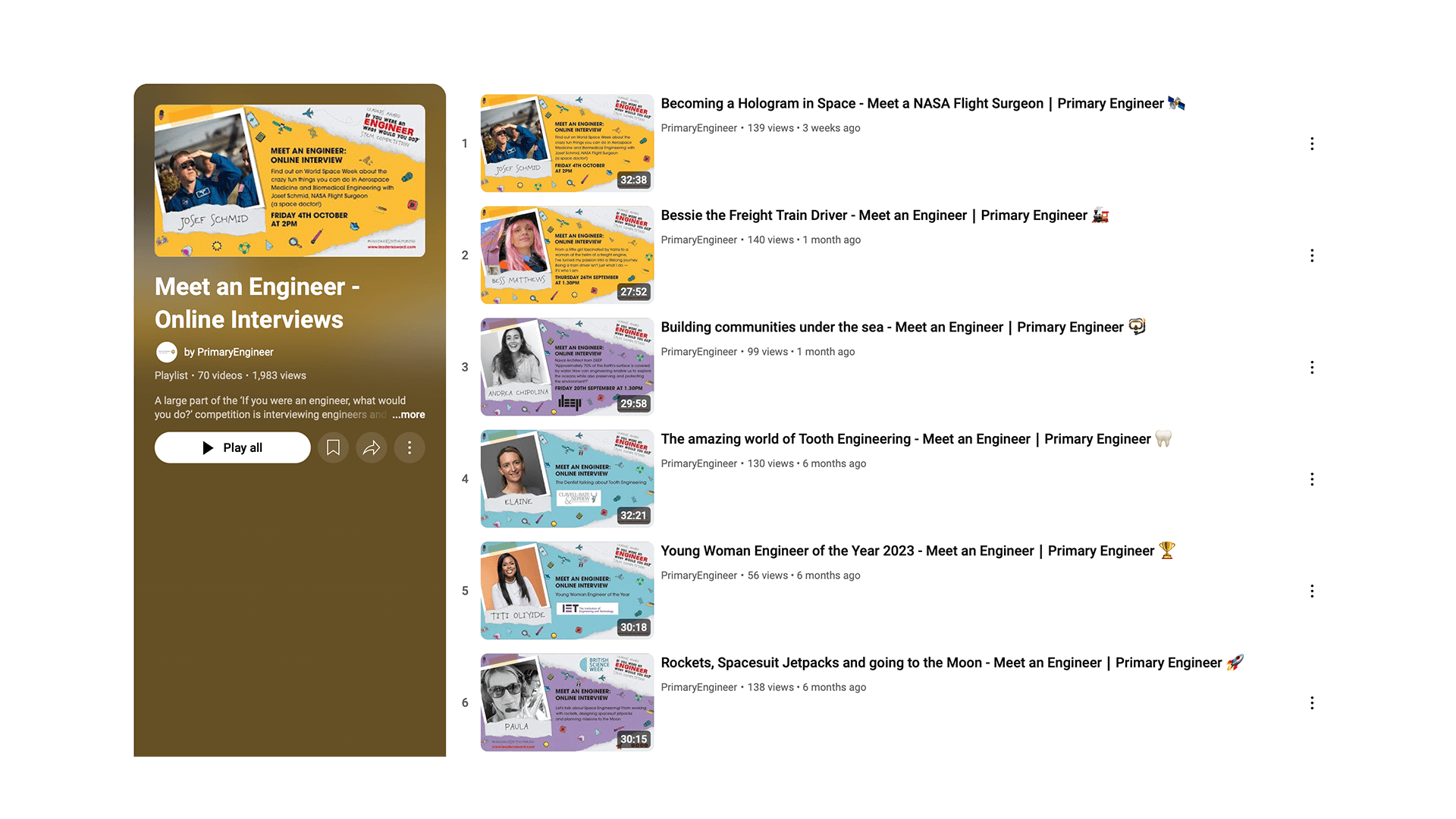Are you looking for a way of bringing engineering into the classroom, but don’t know where to start? This competitions is one of our flagship STEM programmes that invites pupils of all ages in both primary and secondary schools to imagine if they were an engineer, what problem would they most like to solve? They do this by interviewing professionals from the engineering field to help inspire them to create their own design of a solution to a real-world problem through an annotated illustration detailing their invention. As well as annotation, they will put their formal English writing skills into practice by creating their own letters of purpose, detailing and explaining their ideas, using persuasive techniques to appeal to our engineer judges – a thoroughly engaging and immersive experience for pupils, teachers and engineers alike.


We are offering FREEPOST to participating schools this year, speak to one of our team to see if you are eligible!
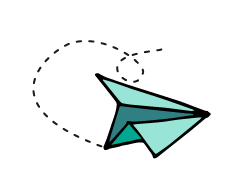
We are offering FREEPOST to participating schools this year, speak to one of our team to see if you are eligible!

Why:
Even though engineering is all around us we often find it difficult to describe what it is let alone how to become an engineer! At its core is creative problem solving, looking for solutions to problems, even mending things that aren’t broken. By using this creative theme, we can encourage learners to develop their listening, literacy and observational skills, develop creative problem-solving approaches, illustration with annotation, and letter writing for a purpose. By providing an opportunity for learners to interview engineers the opportunity to learn and ask questions about careers and work environments becomes accessible.
How:
Register to access the lesson plans, pupil log-books, guides, curriculum mappings and entry submission information. Resources are also available in Welsh. When you register you can access the live online engineer interview schedule to book.
What:
Learners interview an engineer face to face, digitally or as part of our live interview series. They research the person and ask questions that are important to them. After the interview they are encouraged to look for problems they can solve, draw and annotate a solution to it and add a letter to an engineer explaining why it should be built. All entries are then labeled (see resources as to how) and posted to the Primary Engineer offices in Burnley.

All the entries are read and given a grade by engineering professionals. These grades are added to the learners’ certificates and sent to the schools.

Shortlisted entries from each year group in each region are sent to judging panels to select the two winners in each age group and nominate any highly commended entries.

Winners are invited to regional awards and a range of entries put on public exhibition.

At the Awards our University partners unveil a Prototype they have built from an idea selected from the previous year’s entries.

All the entries are read and given a grade by engineering professionals. These grades are added to the learners’ certificates and sent to the schools.

Shortlisted entries from each year group in each region are sent to judging panels to select the two winners in each age group and nominate any highly commended entries.

Winners are invited to regional awards and a range of entries put on public exhibition.

At the Awards our University partners unveil a Prototype they have build from an idea selected from the previous year’s entries.
When:
The submission deadline for this annual competition is the end of the spring term. As soon as you have completed your entries, send them to us in the post. There is further submission guidance on our resources page and in the competition handbook.


